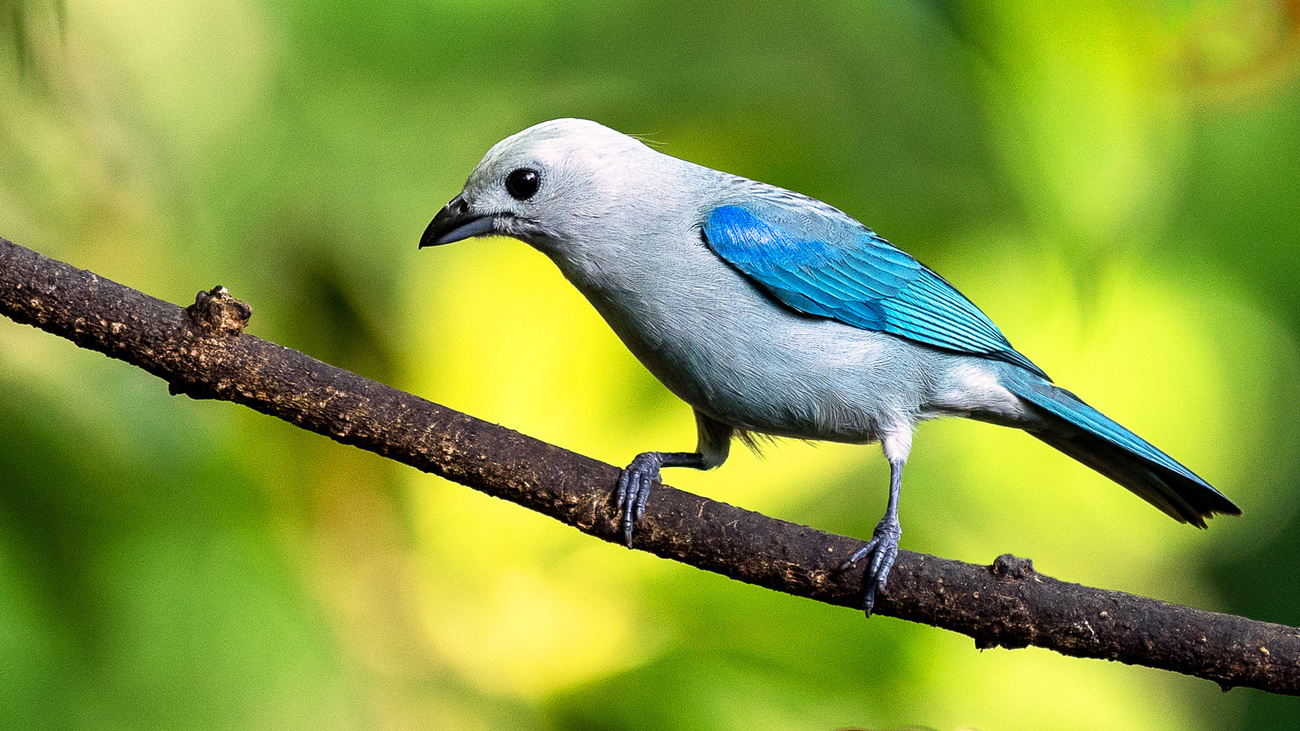CARE – Brazil, Guyana, Congo, and Uganda
Empowering frontline officers to rescue animals from wildlife traffickingFrontline officers protect shrinking songbird populations
Frontline officers protect shrinking songbird populations

Law enforcement agents clicked a pair of handcuffs on Insaf Ali after finding two bags of plastic hair curlers in his luggage. He was boarding a flight to Guyana and authorities had evidence he intended to return to the US with hair curlers stuffed with finches prized for their song. Male finches are highly sought after for songbird singing competitions, in which a crowd gathers and two male birds are placed next to each other in cages and sing a string of songs to exert their dominance. Normally, the first bird to sing 50 songs is declared the winner.
Demand for songbirds
Songbirds, a diverse group of avian species known for their melodious vocalizations, play a crucial role in ecosystems around the world. These smaller birds are found in various habitats, including forests, grasslands, and urban areas. In the wild, their songs serve purposes such as attracting mates, defending territories, and communicating with other members of their species.
However, the beauty and popularity of songbirds have led to significant challenges related to wildlife crime and trafficking. Illicit activities include capturing these birds for the pet trade, collecting their eggs, and smuggling them across borders. This results in alarming declines in some songbird species, disrupting delicate ecological balances and endangering biodiversity.
In the US, songbird competitions, like the one mentioned above, largely originate from South America, particularly as cultural traditions are passed through generations of the Guiana Shield (a region that includes Guyana) and the Caribbean. Worldwide, many other regions across Europe and Southeast Asia have their own songbird competitions.
Training and transport
Songbirds are 'trained' by capturing or purchasing juvenile males and keeping them isolated while playing wild bird songs repeatedly. Slowly over time, the bird gets socialized around people and then outside surroundings.
While the import of finches is legal, many bird traders and bird owners think the 30-day quarantine interferes with the bird’s ability to sing. Attempts to avoid quarantine are not only illegal but also dangerous and cruel.
First, songbird species are one of the most voracious spreaders of disease—like the H1N1 avian flu—as the pathogens and parasites are easily transmitted between wild and domestic species.
Sadly, these birds also experience a horrific and stressful journey as they are often stuffed into hair curlers, unable to move, with no food or water. Many do not survive the trip.
Equipping frontline officers
For many trafficked animals, frontline officers are their last hope for a chance at life back in the wild. Those coming face-to-face with these stressed and injured live animals might include ecological guards, customs and border control officers, and police.
As part of our Confiscated Animals – Rescue & Enforcement (CARE) project, funded by the US Department of State Bureau of International Narcotics and Law Enforcement Affairs (INL), IFAW and partnering organizations are providing technical training and resources on the safe handling of live animals during seizure or confiscation.
Thus far in 2023, we have trained over 109 frontline enforcement officers, including in Guyana, to safely handle confiscated wildlife. Officers are also learning to use confiscation kits designed by IFAW and our partners to reduce biosafety risks, safeguard animal welfare, and preserve evidence integrity.
Our aim is to equip frontline enforcement officers in Guyana and beyond with the tools and skills needed to disrupt illegal wildlife trade, including of songbirds, before these enchanting animals leave the country. At this point, releasable animals have a chance to return safely back to the wild.
Our trainings have so far been a success, with officers reporting they are better prepared to do their job, protecting both wildlife and people.
Related content
every problem has a solution, every solution needs support.
The problems we face are urgent, complicated, and resistant to change. Real solutions demand creativity, hard work, and involvement from people like you.